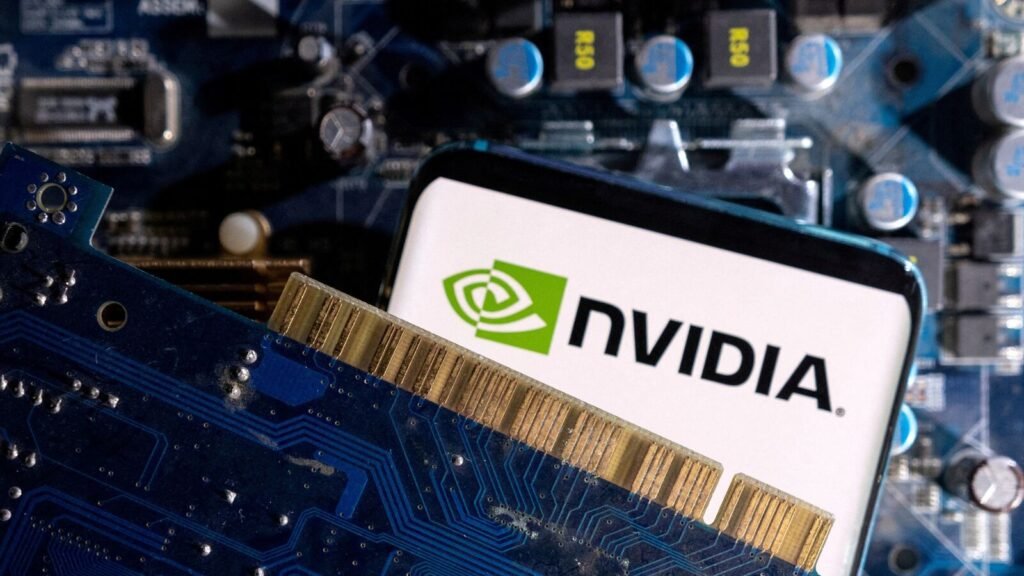Nvidia sued by three authors for unpermitted use of copyrighted works to train its NeMo AI platform

Nvidia, whose chips power artificial intelligence, has been sued by three authors who said it used their copyrighted books without permission to train its NeMo AI platform.
Brian Keene, Abdi Nazemian and Stewart O’Nan said their works were part of a dataset of about 196,640 books that helped train NeMo to simulate ordinary written language before being taken down in October “due to reported copyright infringement.”
Also Read | Why Nvidia share price is plummeting after 80% rally in YTD — explained
In a proposed class action filed on Friday night in San Francisco federal court, the authors said the takedown reflects Nvidia’s having “admitted” it trained NeMo on the dataset and thereby infringed their copyrights.
They are seeking unspecified damages for people in the United States whose copyrighted works helped train NeMo’s so-called large language models in the last three years.
Also Read | Nvidia’s inches closer to surpassing Apple to become world’s second-most-valuable company
Among the works covered by the lawsuit are Keene’s 2008 novel “Ghost Walk,” Nazemian’s 2019 novel “Like a Love Story,” and O’Nan’s 2007 novella “Last Night at the Lobster.”
Nvidia declined to comment on Sunday. Lawyers for the authors did not immediately respond to requests on Sunday for additional comment.
The lawsuit drags Nvidia into a growing body of litigation by writers, as well as the New York Times, over generative AI, which creates new content based on inputs such as text, images and sounds.
Also Read | Nvidia directors sell shares worth $180 million as stock rally continues
Nvidia touts NeMo as a fast and affordable way to adopt generative AI.
Other companies sued over the technology have included OpenAI, which created the AI platform ChatGPT, and its partner Microsoft.
AI’s rise has made Nvidia a favourite of investors.
Also Read | Nvidia CEO Jensen Huang predicts, ‘Artificial General Intelligence could emerge within 5 years!’
The Santa Clara, California-based chipmaker’s stock price has risen almost 600% since the end of 2022, giving Nvidia a market value of nearly $2.2 trillion.
The case is Nazemian et al v Nvidia Corp, U.S. District Court, Northern District of California, No. 24-01454.
Unlock a world of Benefits! From insightful newsletters to real-time stock tracking, breaking news and a personalized newsfeed – it’s all here, just a click away! Login Now!
This story has been published from a wire agency feed without modifications to the text. Only the headline has been changed.
Download Finplay News App to get Daily Market Updates & Live Business News.
More
Less
Published: 11 Mar 2024, 09:11 AM IST
